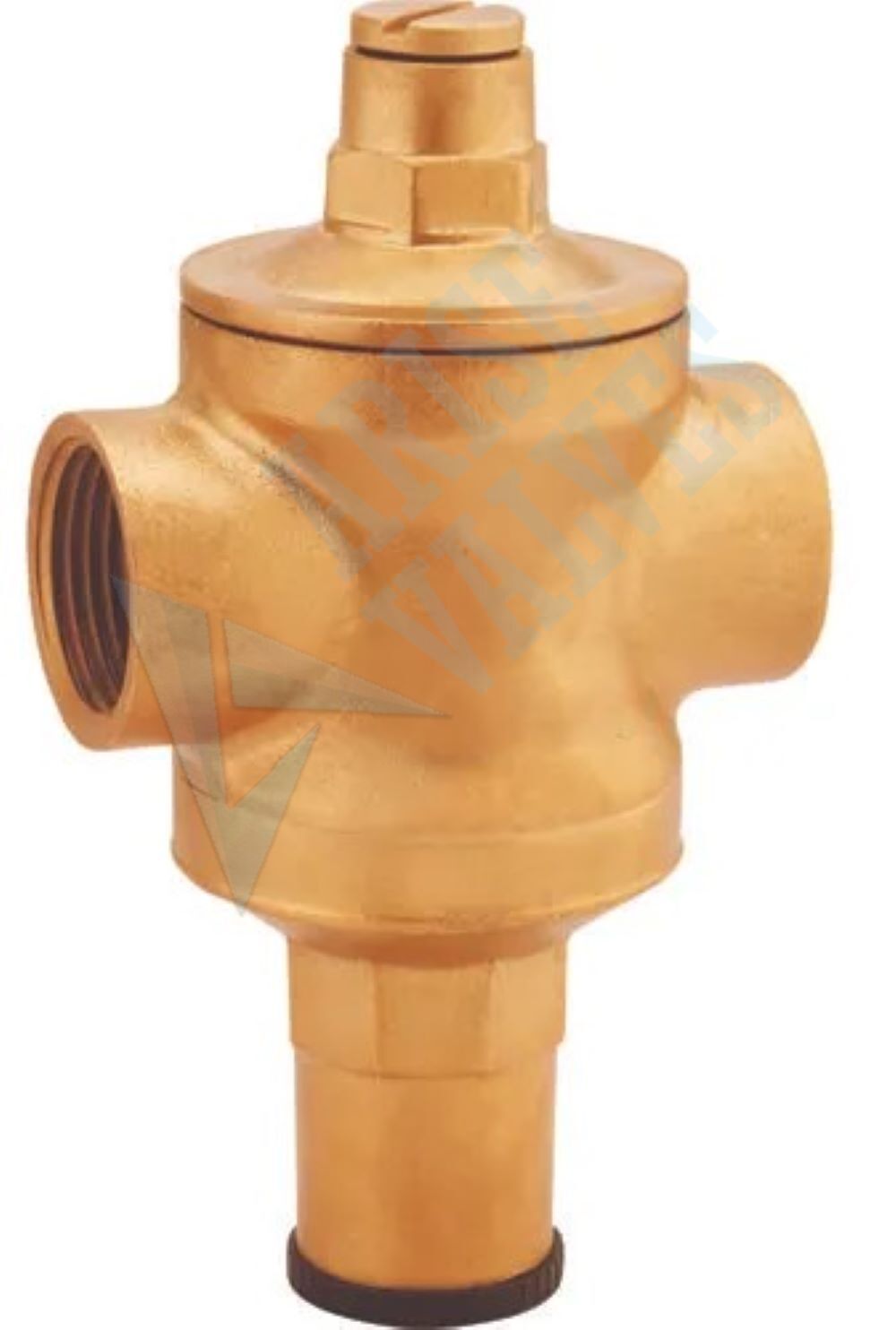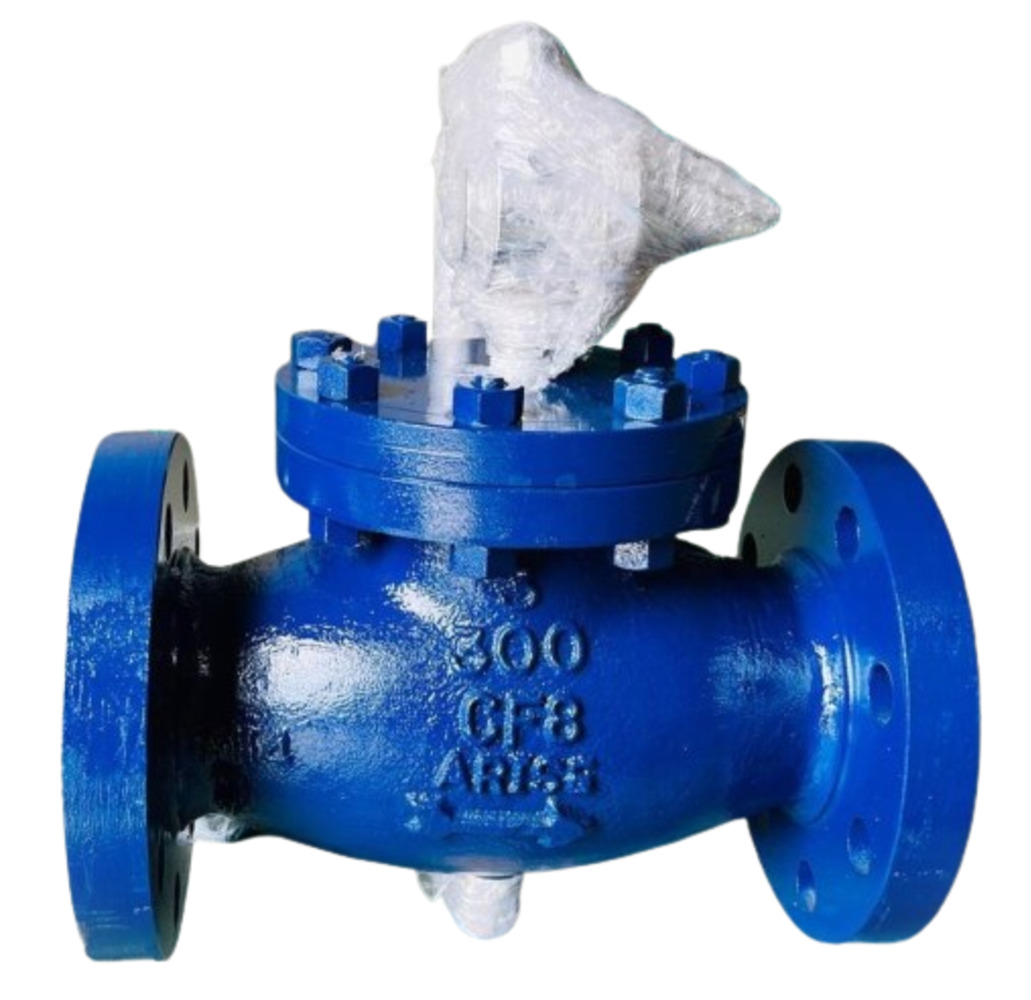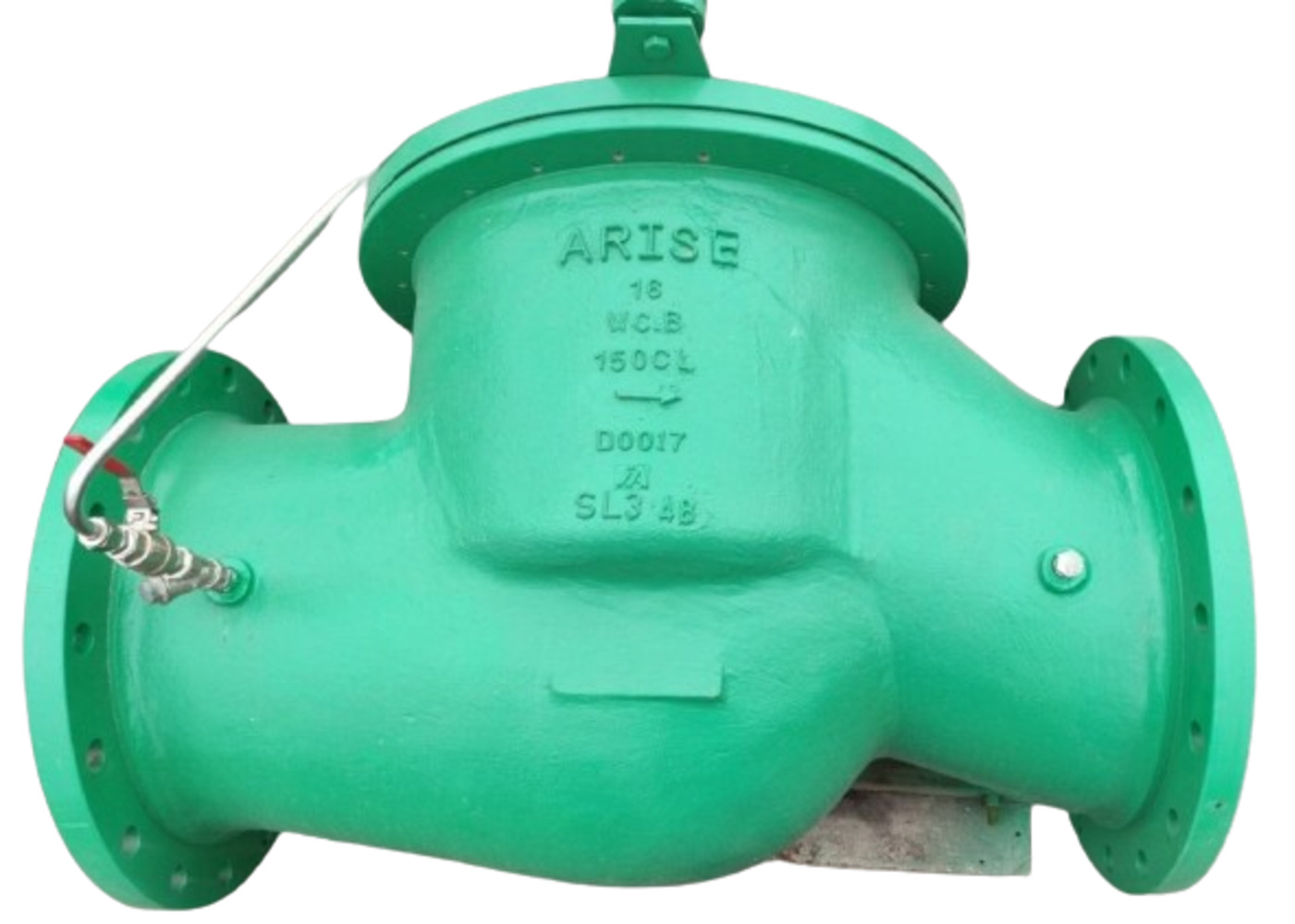Back pressure control valves
Back Pressure Control Valves
A back pressure control valve is designed to maintain a set pressure upstream by regulating flow. It ensures that systems operate within safe pressure limits and prevents fluctuations that could damage equipment.
Key Features
- Maintains constant upstream pressure by regulating excess flow
- Protects pumps, compressors, and pipelines from pressure surges
- Available in manual, pneumatic, and electronic control options
- Works with liquids, gases, steam, and corrosive media
- Designed for high-pressure and low-pressure applications
Types of Back Pressure Control Valves
- Spring-Loaded Back Pressure Valve – Uses a spring mechanism to maintain upstream pressure
- Pilot-Operated Back Pressure Valve – Provides precise pressure regulation using a pilot system
- Diaphragm-Operated Back Pressure Valve – Ensures sensitive and accurate pressure control
- Adjustable Back Pressure Valve – Allows customized pressure settings based on system needs
- High-Pressure Back Pressure Valve – Handles extreme pressure applications in industrial settings
Applications
- Oil & Gas Industry – Controls pressure in pipelines and refining processes
- Water Treatment – Regulates pressure in distribution systems
- Chemical Processing – Maintains consistent pressure in chemical reactors
- HVAC Systems – Prevents pressure surges in heating and cooling systems
- Power Plants – Ensures stable pressure in steam and cooling circuits
Advantages of Back Pressure Control Valves
- Prevents over-pressurization and system damage
- Improves process stability and efficiency
- Reduces energy consumption by optimizing flow
- Extends equipment lifespan by preventing pressure spikes
- Enhances safety by maintaining controlled pressure levels
Maintenance & Safety Tips
- Perform regular inspections and pressure testing
- Check for leaks, corrosion, or debris buildup
- Follow manufacturer guidelines for calibration
- Ensure proper installation and alignment for optimal performance
- Replace worn-out components to maintain efficiency


